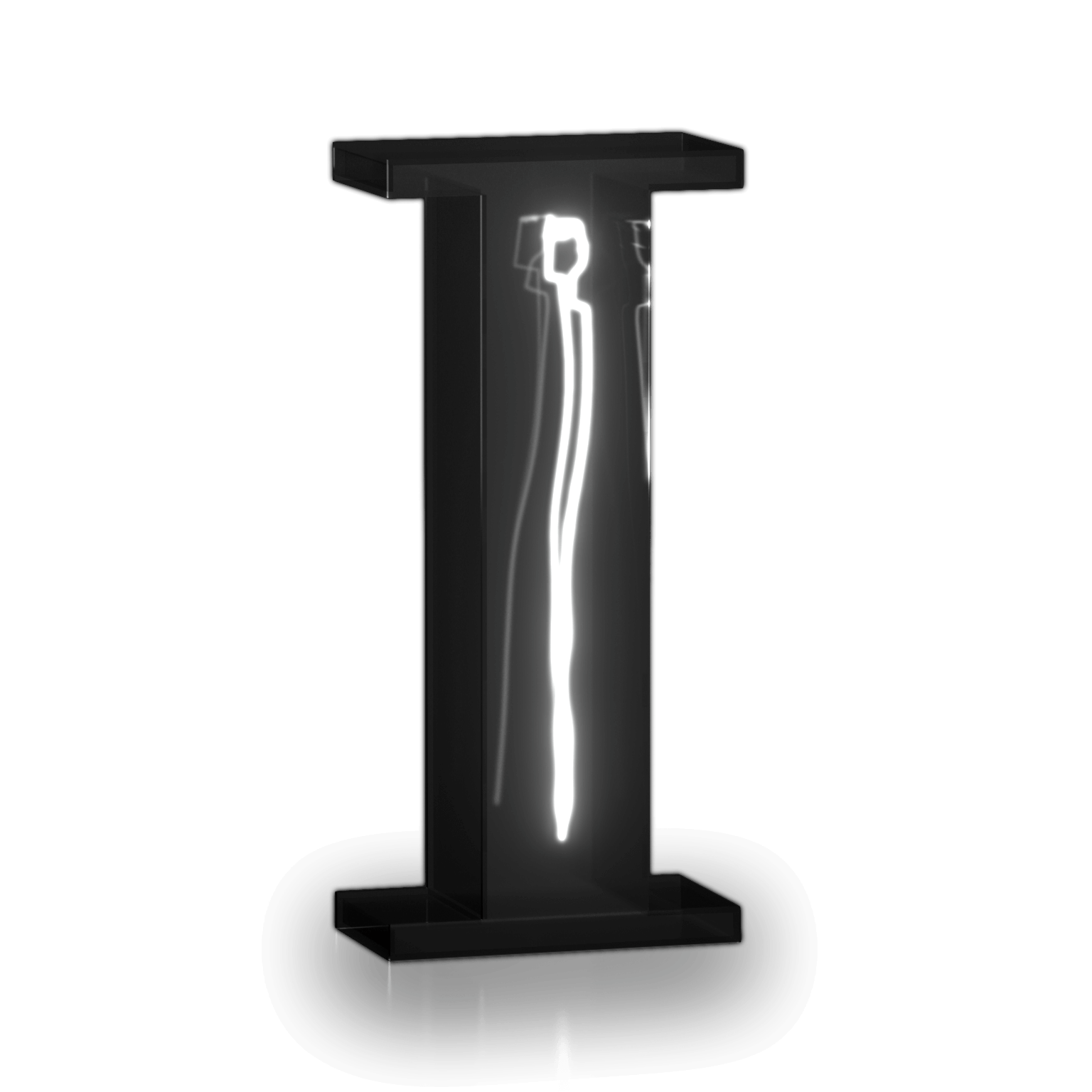One finding from our own research has been that sustainability is usually a secondary driver of new behaviours. A proposition has to offer more tangible benefits. Even if we take our starting point at a known ethical brand, like Method, sustainability isn’t the primary reason consumers buy. Their choice is based on design and fragrance, with sustainability as a secondary benefit, or even a happy coincidence. This approach has allowed the brand to soar to mass market relevance
Google’s recent research with Basis into sustainability messaging in fashion revealed that sustainability claims are correlated with increased purchase intent and willingness to pay in some categories. However, Gerald from Google explained that the research indicates that this uplift was due to sustainability claims’ impact as proof points of quality, rather than consumers ascribing high value to sustainability per se.










